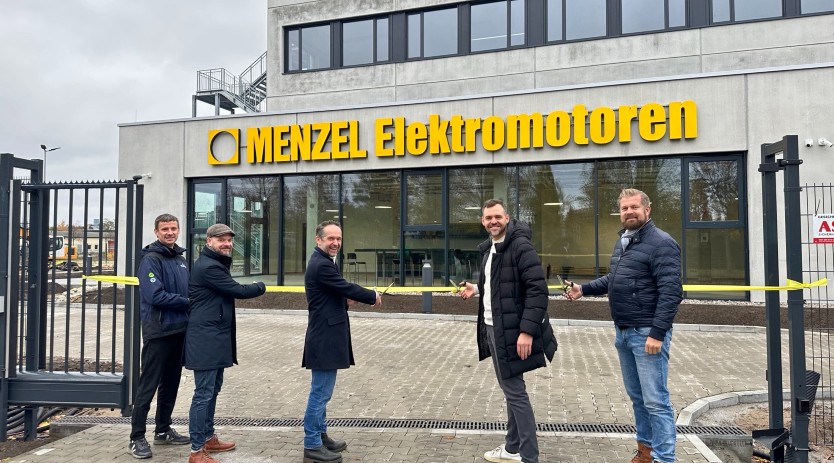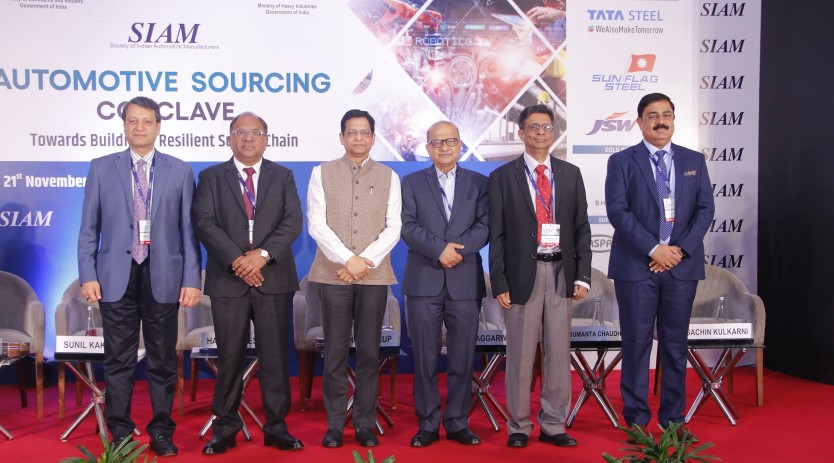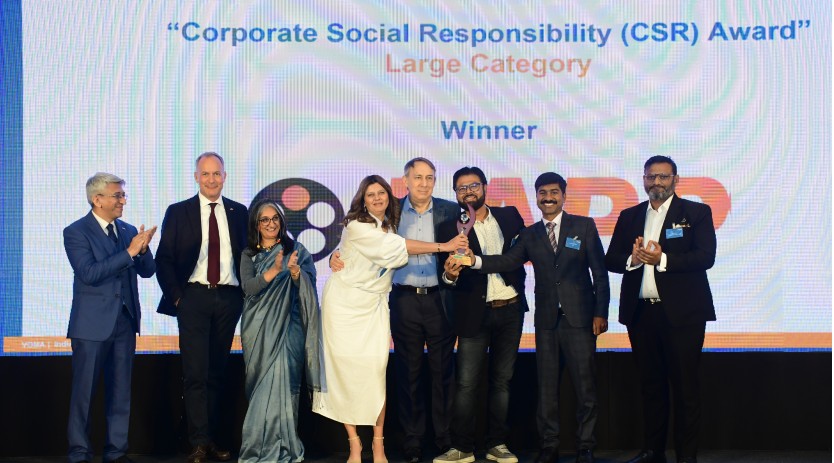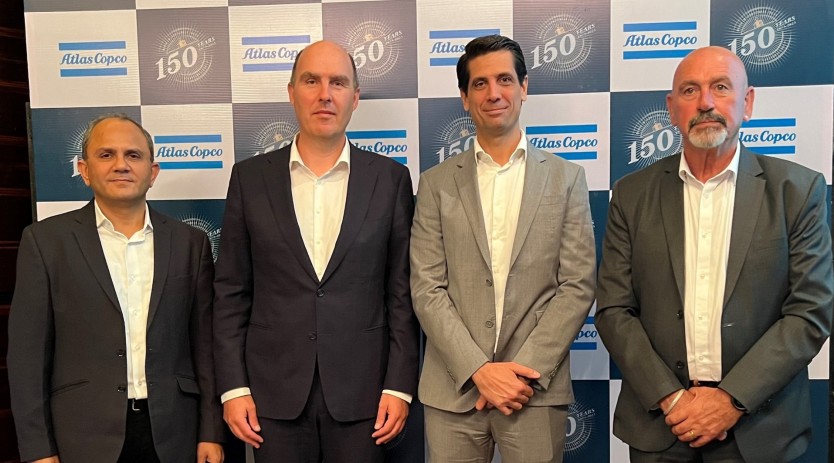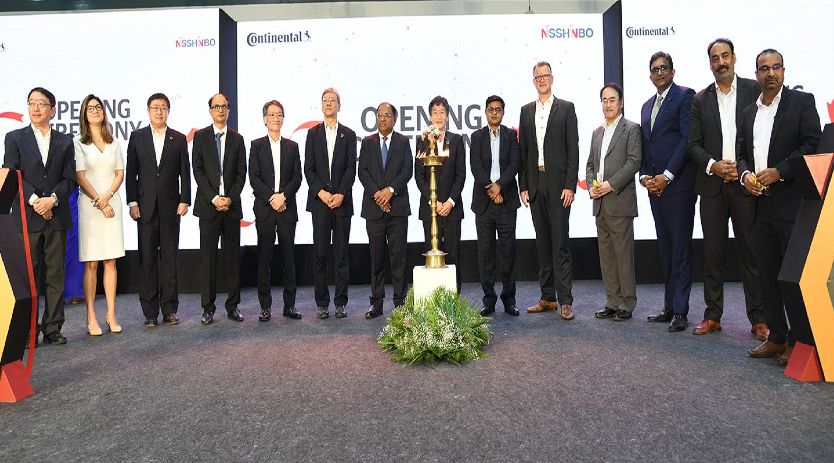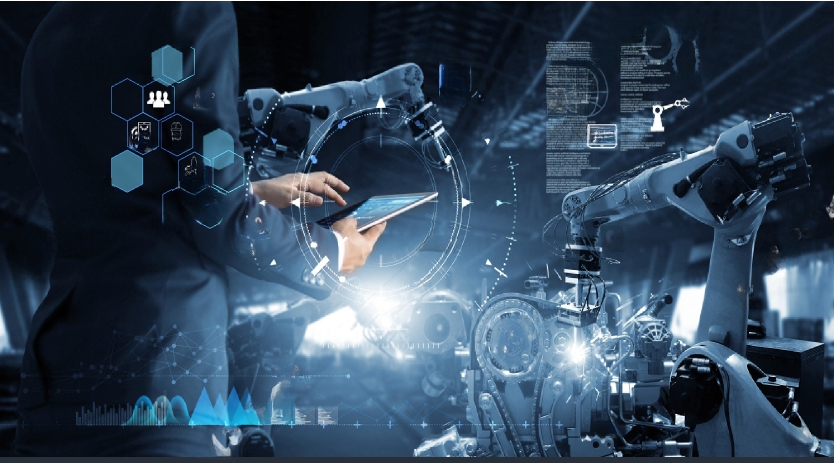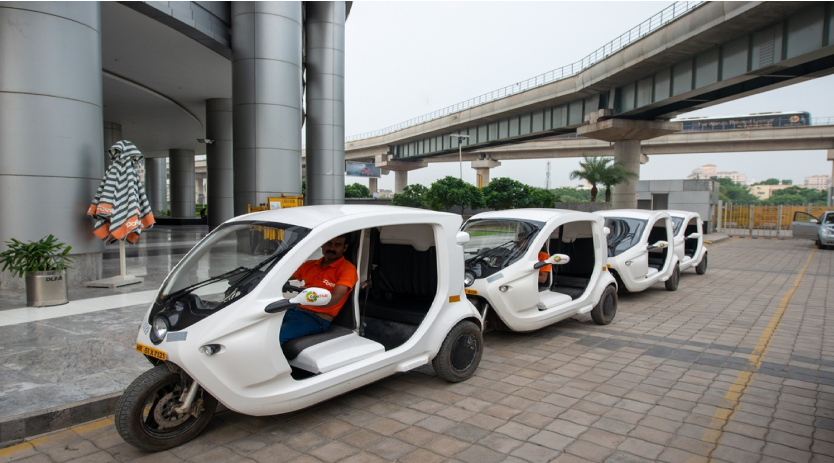Localised production could drive price of the batteries lower
July 7, 2022 2:03 pm
Puneet Jain, Founder, Natural Battery Technologies says, lithium-ion battery packs by Natural Battery Technologies deliver maximum safety, high efficiency, and longer life cycles during interaction with OEM Update.
Company’s journey and product portfolio
After returning to India after a stint in Dubai, I noticed the gap in India’s EV battery manufacturing market; after extensive research and establishing ties with raw material suppliers, I finally launched NBT on 28 June 2021. Saurabh Patawari, Partner, Natural Battery Technologies (NBT) plays a leading role in the company’s operations. He has solid background in the energy sector that is inherited from his family’s interest in the transmission and distribution business. He and I worked in tandem to explore the battery market of India prior to NBT’s inception. The products of NBT gained quick recognition in the marketplace due to their high build quality, longevity, and re-usability. Most batteries in the market use different core metals that are relatively unstable and have a poor life. NBT solves this problem through their line of lithium-ion batteries that are both safe and efficiently powerful.
Lithium-ion battery packs for Electric Vehicles and Energy Storage Systems
The lithium-ion battery packs by Natural Battery Technologies deliver maximum safety, high efficiency, and longer life cycles. They surpass the Lead Acid batteries across all parameters such as high power density, deep cycling capability, and much longer service life. Additionally, NBT provides a high range of customer-specific customizations and is 50 percent More Energy Efficient; has 40 percent Longer Run times; is 50 percent smaller carbon footprint; has a 45 percent Lower Operating Cost than Lead Acid Batteries, and also comes with easy Plug and Play Technology.
We also provide Energy Storage systems (UPS & Inverter) & other portable devices, thus customizing the technology for various uses. They are customised as per the output and storage preferences of the customer and their defined use-case.
Market trends transitioning for EV manufacturing, including charging infrastructure
The consumer expenditure on EVs continues to rise while government support stabilizes. There is much scope for growth, especially regarding the charging infrastructure across the country.More than 200 corporations and organizations have committed to reducing carbon emissions and have net-zero carbon emissions by 2040. Climate change concerns are increasing. Many corporations are setting targets to reduce greenhouse gas emissions and meet consumer demand. Some of these corporations have large vehicle fleets that must transition to zero-emissions vehicles to reach their carbon emissions targets, including heavy-duty vehicles, delivery vans, buses, and other commercial vehicles.
Market growth for batteries and for EV
Batteries are the central part of EVs, and the growth in EVs demand will consequently cause an upsurge in li-ion battery demand. India’s annual battery market could surpass $15 billion (~₹1.12 trillion) by 2030, and the battery demand in India is expected to rise to 260 GWh in the ‘accelerated scenario’ by 2030, as per a report by Mercom India.
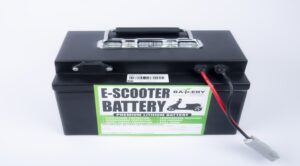
Innovative efforts for designing and customising batteries
NBT, at its core, has always been about innovation with efficiency; we are developing high-performance batteries with increased safety parameters. These batteries and battery packs will be swappable within e-bikes and e-scooters to boost the charging infrastructure. These long-range batteries can enable mileage of two-wheelers with more than 250km compared to average scooter batteries, which are 75-150Kms.
Measures to become the third-largest automotive industry globally by 2030
Self-reliance of India in Lithium Ion battery manufacturing is necessary. Indian manufacturers and refineries need to start building products suitable for Indian climate conditions. Localised production could drive the price of the batteries lower and Indian research centres can discover novel ways to reduce imported minerals required to synthesise batteries. By the power of research and innovation, Indian manufacturers can continue feeding the coming flood of demand for high performance and safe batteries.
Innovative technologies concerning battery charging infrastructure in future
In the following years, the car’s charging voltage will be increased from 500V to 800V. Also, the power of a single charger will increase to 350kW compared to the current 60kW. This means charging time will be shortened from about 1 hour to 10 – 15 minutes. The IoT would bring a revolution to the EV charging experience. It will smartly connect grids, networks, green energy, batteries, and cars for optimal use of resources and a better charging experience. This system would be known as IoV (Internet of Vehicles). Public EV chargers will continue to expand with a double-digit yearly increase. In terms of growth speed and development, this makes the industry one of the most promising ones.
Emerging opportunities in the automobile industry
India’s position with respect to EVs has been encouraging; regardless of the covid induced adversities, the Indian electric vehicle market was valued at USD 1,434.04 billion in 2021, and it is expected to reach USD 15,397.19 billion by 2027, registering a CAGR of 47.09% during the forecast period (2022-2027. (Source: https://www.mordorintelligence.com/)
Owing to the new opportunities in the market, NBT is now working directly with the OEMs of the EVs and also the energy storage systems; as for the dealers and distributors, we are strategically working with the dealers who had previously been dealing with lead-acid batteries. They ring with them a wide distribution network that’s spread across the country.
Expansion plans
NBT is actively working towards the indigenization of lithium-ion cells and the current prevalent chemistry. The company is researching new chemistries that are competitive with lithium-ion cells, which have higher safety and longer cycle life. NBT is exploring the cell-level chemistries of cell cathodes and anodes. We wish to develop proprietary chemistry shortly so we can mass produce it and deal in contract manufacturing.
Cookie Consent
We use cookies to personalize your experience. By continuing to visit this website you agree to our Terms & Conditions, Privacy Policy and Cookie Policy.




